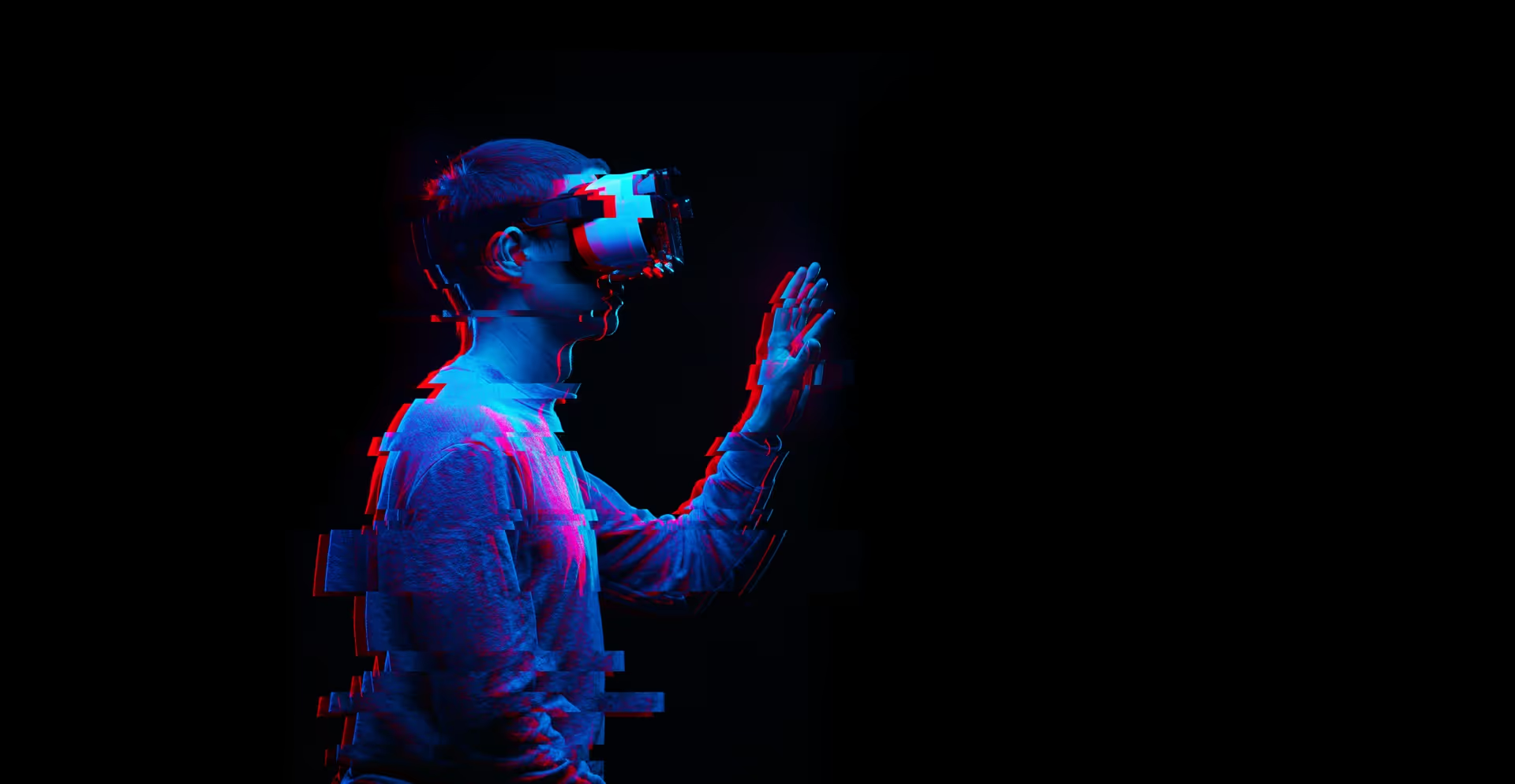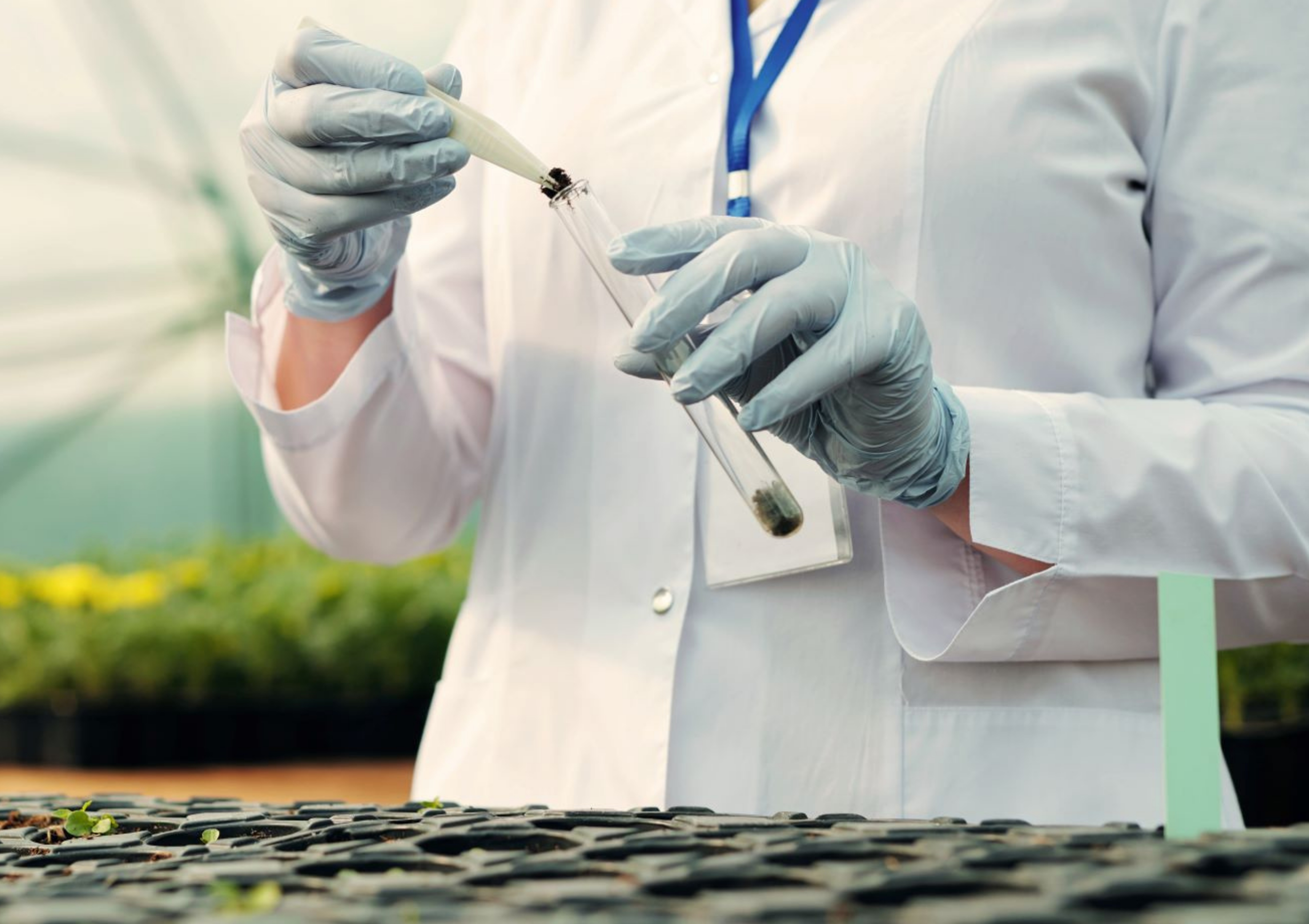Artificial intelligence is now applied in a vast range of fields, from pharmaceuticals to the automotive industry, and from industrial chemicals to fintech. The enormous range of possible uses has created challenges for the Patent Office when it comes to examining patent applications related to AI inventions.
The UK IPO applies a framework developed by the English Courts when assessing whether computer-implemented inventions, including AI inventions, are excluded from patentability as merely “computer programs as such” or if they escape the exclusion by providing a technical contribution. This involves assessing a number of “signposts” for patentability.
In recent years, our experience was that a small team of specialist examiners dealt with most of the UK IPO’s computer-implemented inventions cases.
However, the proliferation of the use of AI in so many fields means examiners with a variety of different technical backgrounds may now have to consider the contribution of AI inventions using the UK IPO’s framework for assessing computer implemented inventions, with limited guidance from the UK Courts on the approach.
The issuance of the new guidance, summarizing the Office’s view of best practice, is very welcome because it provides clear examples of the application of the UK’s excluded subject matter test to AI inventions in a number of technical areas.
This will assist patent examiners in all fields and also help applicants get the broadest protection and reduce patent prosecution costs by ensuring that their claims to AI inventions clearly cover all the bases and provide the type of technical contributions identified by the Office as falling in safe harbours.
If this news item has raised any questions or you’d like to discuss how best to protect an AI-based invention, please email Daniel Hudson.



























.jpg)
